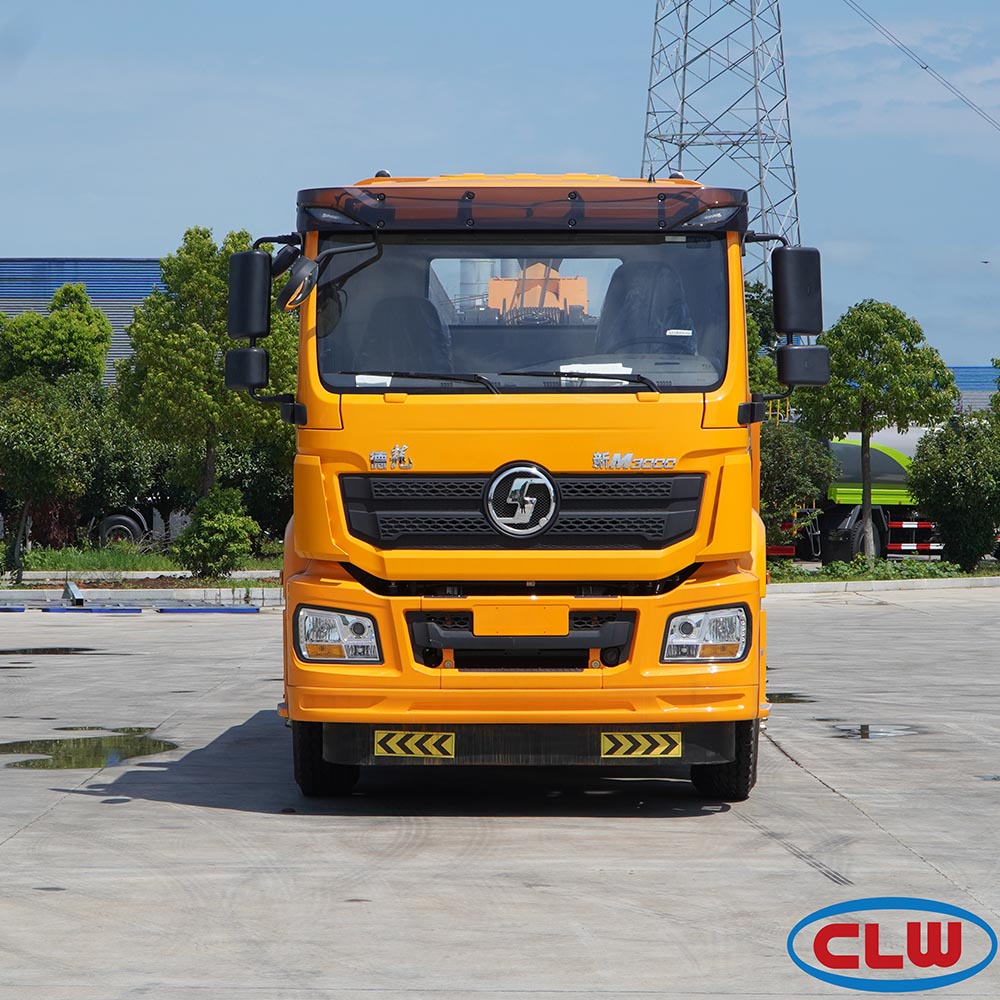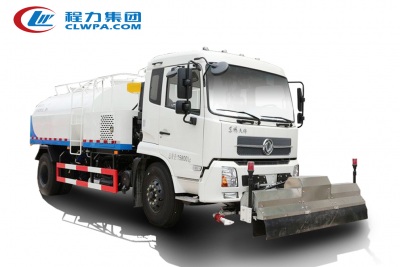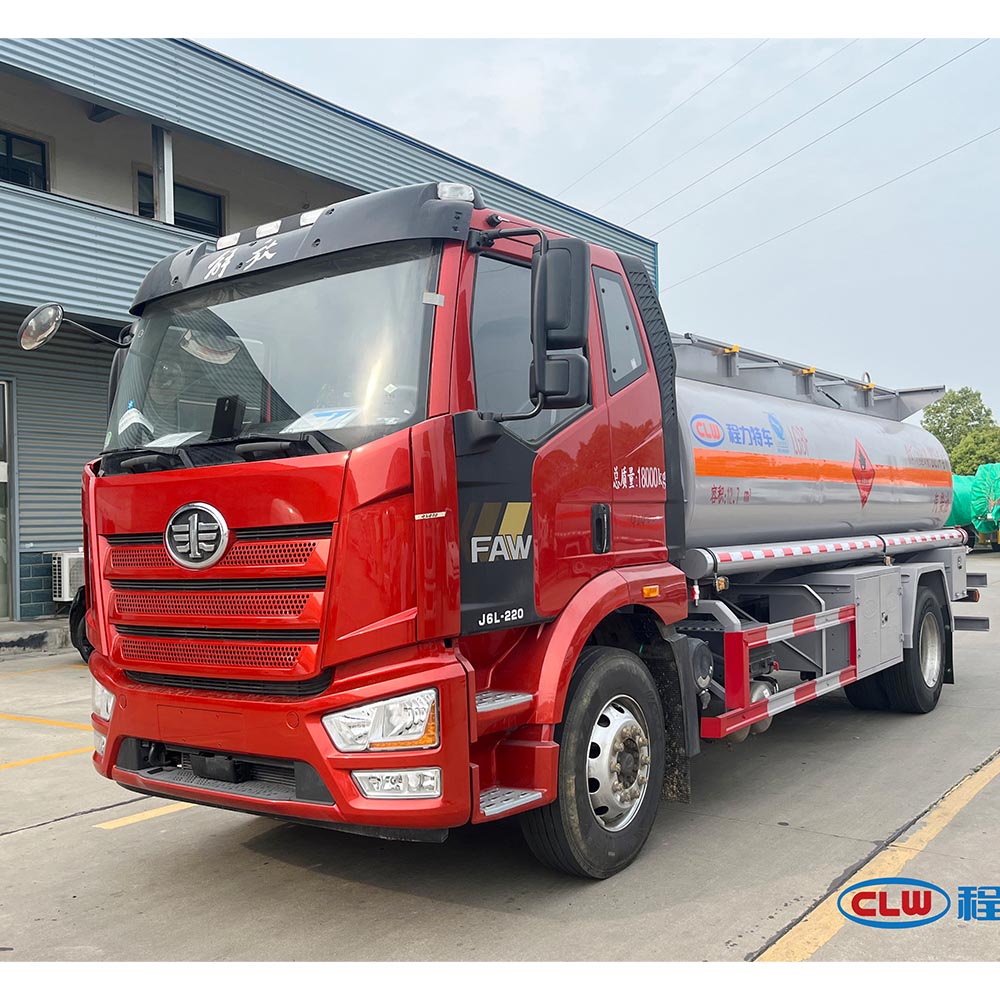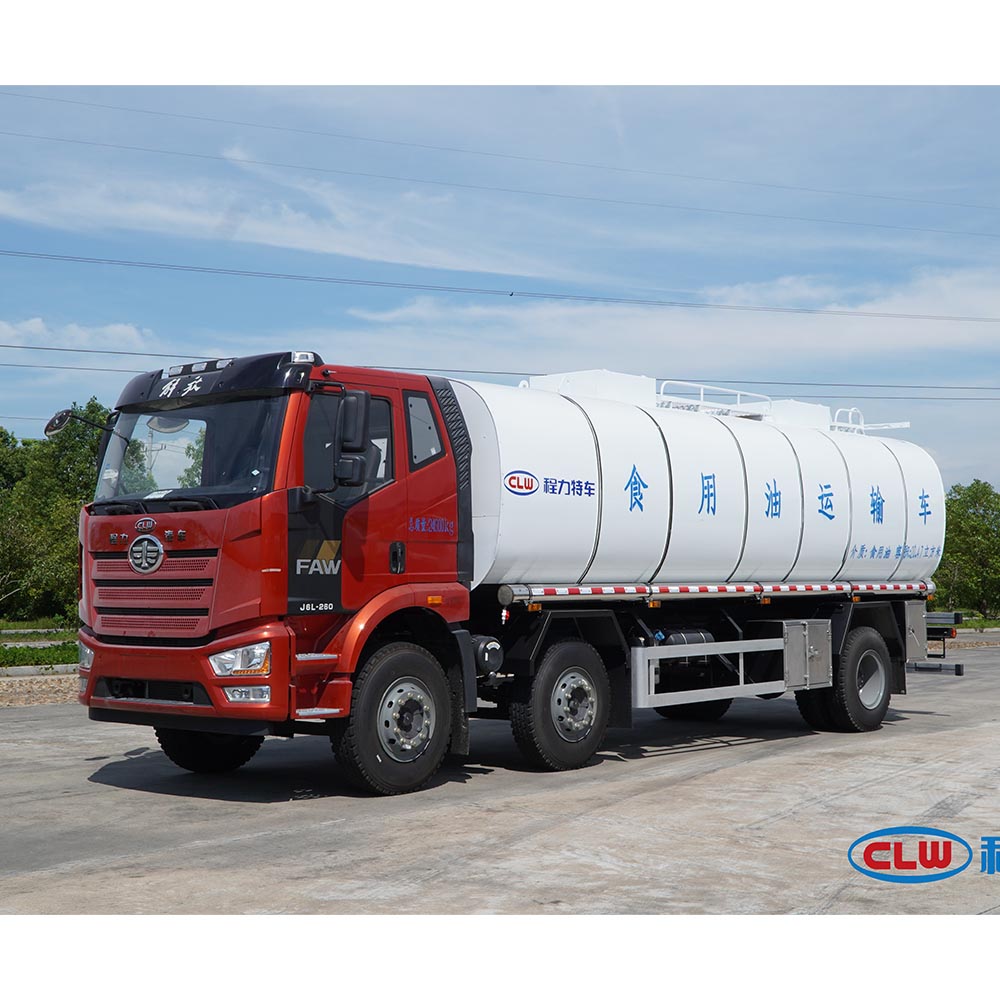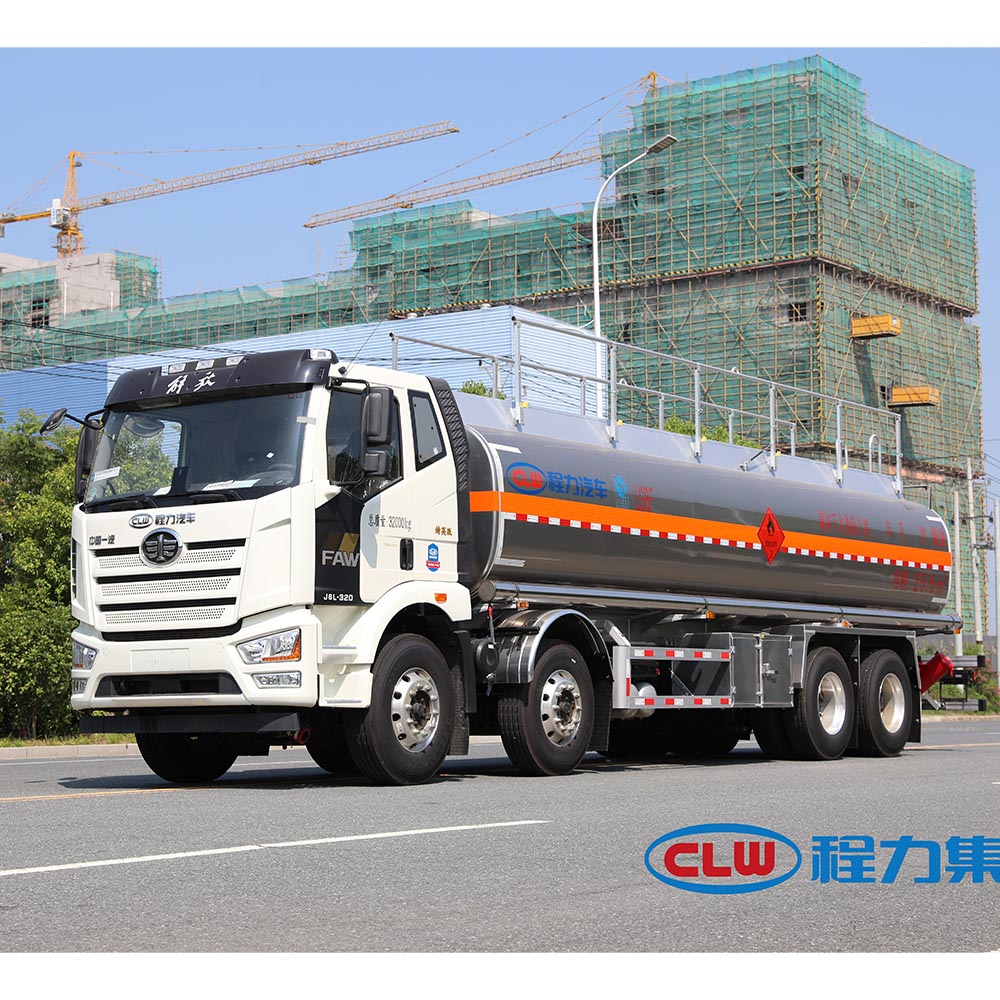-
Chengli Automobile Industrial Park
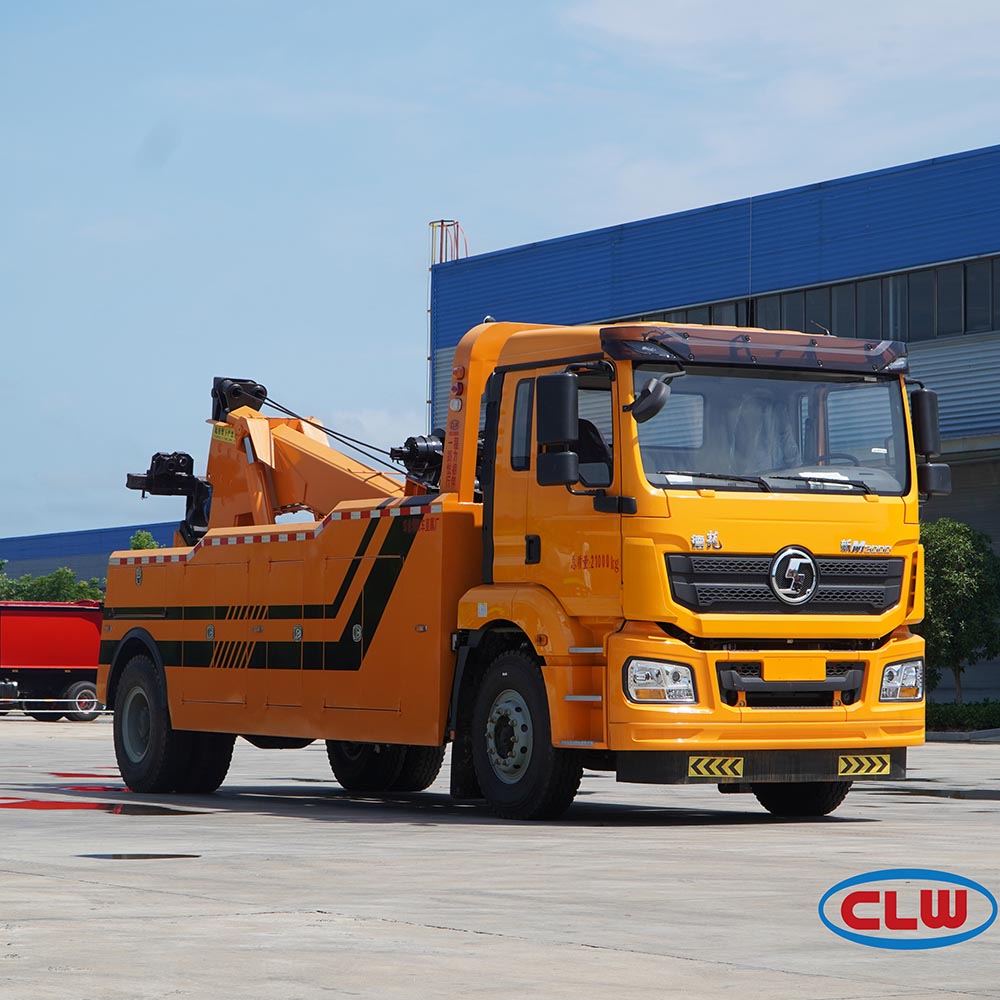
what does towing a vehicle mean
Towing vs Transporting a Vehicle: Understanding the Difference
This article will explore the nuances between towing and transporting a vehicle, providing a comprehensive guide to help you understand when each method is appropriate. We will delve into the various types of towing, the equipment involved, and the legal considerations to keep in mind. Whether you are a business owner in need of regular vehicle transport or an individual facing an unexpected breakdown, this article will equip you with the knowledge to make informed decisions, saving you time, money, and stress.
Table of Contents
What is Towing and When is it Needed?
Towing involves pulling a vehicle behind another vehicle using specialized equipment. As a tow truck manufacturing plant, we know that towing is often necessary when a motor vehicle breaks down, is involved in an accident, or is otherwise unable to move under its own power. Many people don’t realize the variety of situations where towing might be needed. For example, if your car isn’t starting, you might need a tow to the nearest repair shop. When considering towing a car, the vehicle being towed is referred to as the towed vehicle.
There are many forms of towing, depending on the situation. In some cases, one vehicle tows another vehicle using a tow bar or tow strap. In others, a specialized tow truck is used to transport the vehicle on a flatbed or with its wheels lifted off the ground. Towing can be a lifesaver in emergencies, but it’s important to understand the different types of towing available and choose the right one for your needs. If you need immediate assistance, many car insurance companies and credit card companies offer roadside assistance that includes towing services.
What Are the Different Types of Towing?
There are several types of towing, each designed for specific situations. One common method is flatbed towing, where the entire vehicle is loaded onto a flatbed truck. This is often considered the safest method, as it prevents wear and tear on the towed vehicle’s drivetrain. Another method is wheel-lift towing, where the tow truck lifts either the front or rear wheels of the vehicle off the ground using a yoke or tow dolly. This method is suitable for shorter distances and when the vehicle is not severely damaged.
Dolly towing is another option, particularly for vehicles that cannot be towed with a wheel lift. A tow dolly is a small trailer that supports the front wheels of the towed vehicle while the rear wheels remain on the ground. Towing isn’t always about breakdowns or accidents. Heavy duty towing involves moving large vehicles like buses or construction equipment, often using specialized tow trucks with powerful winches and heavy-duty tow bars. Towing may also include accident towing or recovery towing, where a vehicle needs to be retrieved from a ditch or other difficult situation. We often say at our manufacturing plant, “we’re going to break down the complexities of towing into manageable parts.”
What is a Tow Vehicle and What Are Its Capabilities?
A tow vehicle is any vehicle used to tow another vehicle or trailer. Common tow vehicles include pickup trucks, SUVs, and even some cars. The capabilities of a tow vehicle are determined by its towing capacity, engine torque, brake system, and overall design. Many light trucks are excellent choices for towing, while some vehicles are better suited as tow vehicles for light loads. Standard vehicles may also be adapted with appropriate equipment.
When choosing a tow vehicle, it’s crucial to consider the weight and type of load you intend to tow. Towing loads that exceed the vehicle’s capacity can lead to serious safety issues and damage to the tow vehicle. OEM specifications can guide you on your vehicle’s limitations. As manufacturers, we emphasize the importance of using a tow vehicle that is specifically designed and equipped for towing. It’s also essential to ensure that the tow vehicle is in good working order, with properly functioning brakes, tires, and suspension. If you need to tow your car frequently or want to tow a trailer with specific needs, choosing the right vehicle is essential.
What is a Tow Hitch and Why is it Important?
A tow hitch is a device attached to the chassis of a vehicle for towing. It provides a secure connection point for a trailer or other towed equipment. Choosing the right tow hitch is crucial for safe and effective towing. There are different classes of hitches, ranging from Class I (light-duty) to Class V (heavy-duty). A pintle hitch is often used for heavy-duty towing applications.
The tow hitch is not only responsible for connecting the tow vehicle to the trailer but also for distributing the weight of the load properly. A properly installed tow hitch ensures that the trailer follows the tow vehicle smoothly and safely, without swaying or fishtailing. Safety chains are an additional safety feature that should always be used when towing a trailer. Tow hitches are essential for various applications, including towing a boat trailer, camper, or utility trailer. If you are new to towing, you might be wondering, “What else is there to know?” At our company, Chengli Dongfeng Plate Refueling Truck 130 HP Diesel Performance is one of the models we manufacture with robust hitch options.
Understanding Towing Capacity: What Can Your Vehicle Handle?
Towing capacity refers to the maximum weight a vehicle can safely tow. This is a crucial factor to consider when choosing a tow vehicle and trailer. Exceeding the towing capacity can lead to dangerous situations, including loss of control, brake failure, and damage to the vehicle’s engine, transmission, and frame. When towing, the rear wheels of the vehicle must have the traction and capacity to handle the load. The vehicle’s suspension and steering are also significantly impacted by the load.
The towing capacity of a vehicle is determined by the manufacturer and is typically listed in the owner’s manual. It’s important to note that towing capacity is not just about the weight of the trailer itself but also includes the weight of any cargo, passengers, and equipment inside the trailer. Factors such as engine size, transmission type, brake system, and axle ratio all contribute to a vehicle’s towing capacity. Our manufacturing processes take all these into account to produce vehicles like the Edible Oil Transporter 25.6m³ Capacity, designed for high towing capacities.

What is Vehicle Recovery and How Does it Differ From Towing?
Vehicle recovery is a specialized form of towing that involves retrieving a vehicle from a difficult or dangerous situation. This might include pulling a vehicle out of a ditch, mud, snow, or water, or recovering a vehicle that has rolled over or become stuck offroad. Vehicle recovery often requires specialized equipment, such as a winch, heavy-duty straps, and recovery tow vehicles equipped for challenging terrains.
While both towing and vehicle recovery involve moving a vehicle, vehicle recovery typically deals with more complex and potentially hazardous scenarios. Towing usually involves moving a disabled but otherwise accessible vehicle from one location to another. In contrast, vehicle recovery may require specialized skills and equipment to safely extract a vehicle from a precarious situation. When a vehicle gets stuck, recovery is often the primary concern.
What Types of Trailers Are Used in Towing and Transport?
Many types of trailers are used in towing and transport, each designed for specific purposes. Flatbed trailers are versatile and can be used to transport a wide range of cargo, including vehicles, machinery, and construction materials. Enclosed trailers offer protection from the elements and are often used to transport sensitive goods or valuable items.
Other types of trailers include boat trailers, camper trailers, livestock trailers, and utility trailers. The choice of trailer depends on the specific needs of the towing operation. For example, transporting a boat requires a specialized boat trailer designed to support the hull’s shape and distribute the weight evenly. Similarly, transporting livestock requires a trailer with proper ventilation and safety features to ensure the animals’ well-being. Our manufacturing expertise extends to vehicles like the Furika Refueling Truck 8.5m³ Fuel Tank, 170HP Engine, designed to pull specialized trailers.
When Do You Need a Tow Company vs. When Can You Tow Yourself?
Deciding whether to tow a vehicle yourself or hire a tow company depends on several factors, including the type of vehicle, the distance to be towed, your experience with towing, and the availability of appropriate equipment. If you have a suitable tow vehicle, a tow bar or dolly, and experience with towing, you may be able to tow a small vehicle a short distance yourself.
However, for longer distances, larger vehicles, or complex situations, it’s generally best to hire a professional tow company. Tow companies have experienced drivers, specialized tow trucks, and the necessary insurance to handle various towing scenarios safely and efficiently. They also offer a variety of services beyond basic towing, such as roadside assistance, fuel delivery, tire changes, and jump starts. Many tow companies also offer accident towing and vehicle recovery services. Tow companies offer towing services that cater to diverse needs. A tow truck company usually provides more comprehensive services than an individual can manage alone.
What Are the Laws and Regulations Surrounding Towing?
Towing is subject to various laws and regulations that vary by state and local jurisdiction. These laws and regulations cover aspects such as towing capacity, trailer brakes, lighting, safety chains, and licensing requirements for tow truck operators. It’s crucial to familiarize yourself with the towing laws and regulations in your area before attempting to tow a vehicle.
Failure to comply with these laws and regulations can result in fines, penalties, and even accidents. For example, most states require trailer brakes for trailers exceeding a certain weight. Safety chains are also mandatory in most jurisdictions, providing a backup connection between the tow vehicle and the trailer in case the primary hitch fails. Tow truck companies are typically well-versed in the applicable laws and regulations and ensure that their operations comply with all legal requirements.
Towing vs. Transporting: A Detailed Comparison
While the terms “towing” and “transporting” are sometimes used interchangeably, there are key differences between the two. Towing typically involves pulling a vehicle behind another using a tow bar, dolly, or specialized tow truck. The towed vehicle is not fully supported by the tow vehicle and may have its wheels on the ground.
Transporting a vehicle, on the other hand, usually involves loading the entire vehicle onto a carrier, such as a flatbed truck or trailer. The transported vehicle is fully supported by the carrier and does not make contact with the ground. Transporting is generally considered a safer and more secure method for moving vehicles, especially over long distances or for vehicles that are not in running condition. It also minimizes wear and tear on the transported vehicle’s drivetrain and tires. As a tow truck manufacturer, we often advise clients on the best method for their specific needs, whether it’s towing a disabled vehicle a short distance or transporting a classic car across the country. Towing is often preferred for shorter distances or when a vehicle needs to be moved quickly.
Consider the following table for a side-by-side comparison:
| Feature | Towing | Transporting |
| Vehicle Position | Pulled behind another vehicle | Fully loaded onto a carrier |
| Wheels on Ground | May have wheels on the ground | No wheels on the ground |
| Wear and Tear | More wear on towed vehicle | Minimal wear on transported vehicle |
| Distance | Suitable for short to medium distances | Suitable for all distances, especially long |
| Cost | Generally less expensive | Generally more expensive, but cost-effective for long distances |
| Vehicle Condition | Suitable for operational and some non-operational vehicles | Suitable for all vehicle conditions |
Choosing between towing vs transporting depends on factors such as the vehicle’s condition, the distance to be covered, and your budget. Transporting may charge extra for mileage, but it can be more cost-effective for long hauls. Towing may be more suitable when a vehicle needs to be moved to a nearby repair shop, whereas transporting is better for moving a vehicle across states.
FAQs
What is the difference between towing and transporting a vehicle?
The difference between towing and transporting is that towing involves pulling a vehicle behind another, often with some wheels on the ground, while transporting involves fully loading the vehicle onto a carrier, so it doesn’t touch the ground.
When should I choose towing over transporting?
Towing is suitable for shorter distances, operational vehicles, or when you need a tow to a nearby location. It’s often more economical for quick moves.
What are the advantages of transporting a vehicle?
Transporting minimizes wear and tear, is suitable for all vehicle conditions, and is safer for long distances. It ensures the vehicle remains secure and undamaged during transit.
How do I choose the right tow vehicle?
Choose a tow vehicle based on its towing capacity, engine torque, brake system, and overall design. Ensure it can handle the weight of the trailer and cargo you intend to tow.
What legal considerations should I be aware of when towing?
Be aware of state and local laws and regulations regarding towing capacity, trailer brakes, lighting, safety chains, and licensing requirements for tow truck operators.
Are there different types of towing, and how do I choose the right one?
Yes, there are different types of towing, including flatbed, wheel-lift, and dolly towing. Choose based on the vehicle’s condition, distance, and specific needs. For instance, flatbed towing is ideal for long distances and non-operational vehicles. If you need more information, feel free to contact us.
Key Takeaways
- Towing involves pulling a vehicle behind another, while transporting involves fully loading it onto a carrier.
- Towing is suitable for shorter distances and operational vehicles, while transporting is ideal for long distances and all vehicle conditions.
- Understanding towing capacity, choosing the right tow vehicle, and using the appropriate tow hitch are crucial for safe towing.
- Vehicle recovery is a specialized form of towing that involves retrieving vehicles from difficult situations.
- Different types of trailers are used for various towing and transport needs.
- Familiarize yourself with the laws and regulations surrounding towing in your area.
- Professional tow companies offer a range of services beyond basic towing, including roadside assistance and vehicle recovery.
By understanding the nuances of towing and transporting, you can make informed decisions that ensure the safety of your vehicle and comply with legal requirements. As a leading manufacturer of tow trucks and other specialized vehicles, we are committed to providing our customers with the knowledge and equipment they need to handle any towing or transport situation. Whether you’re a logistics company, a car dealership, or a roadside assistance provider, we have the expertise and resources to support your needs. Our vehicles, such as the Aluminum Alloy Oil Truck 25.5m³, are built to the highest standards of quality and durability. Contact us today to learn more about our products and services, and let us help you find the perfect solution for your towing and transport needs. Our team is always ready to assist you with any questions or concerns you may have. We pride ourselves on our commitment to customer satisfaction and our ability to provide tailored solutions for each of our clients. We are here to support your business and help you succeed in a competitive market.
